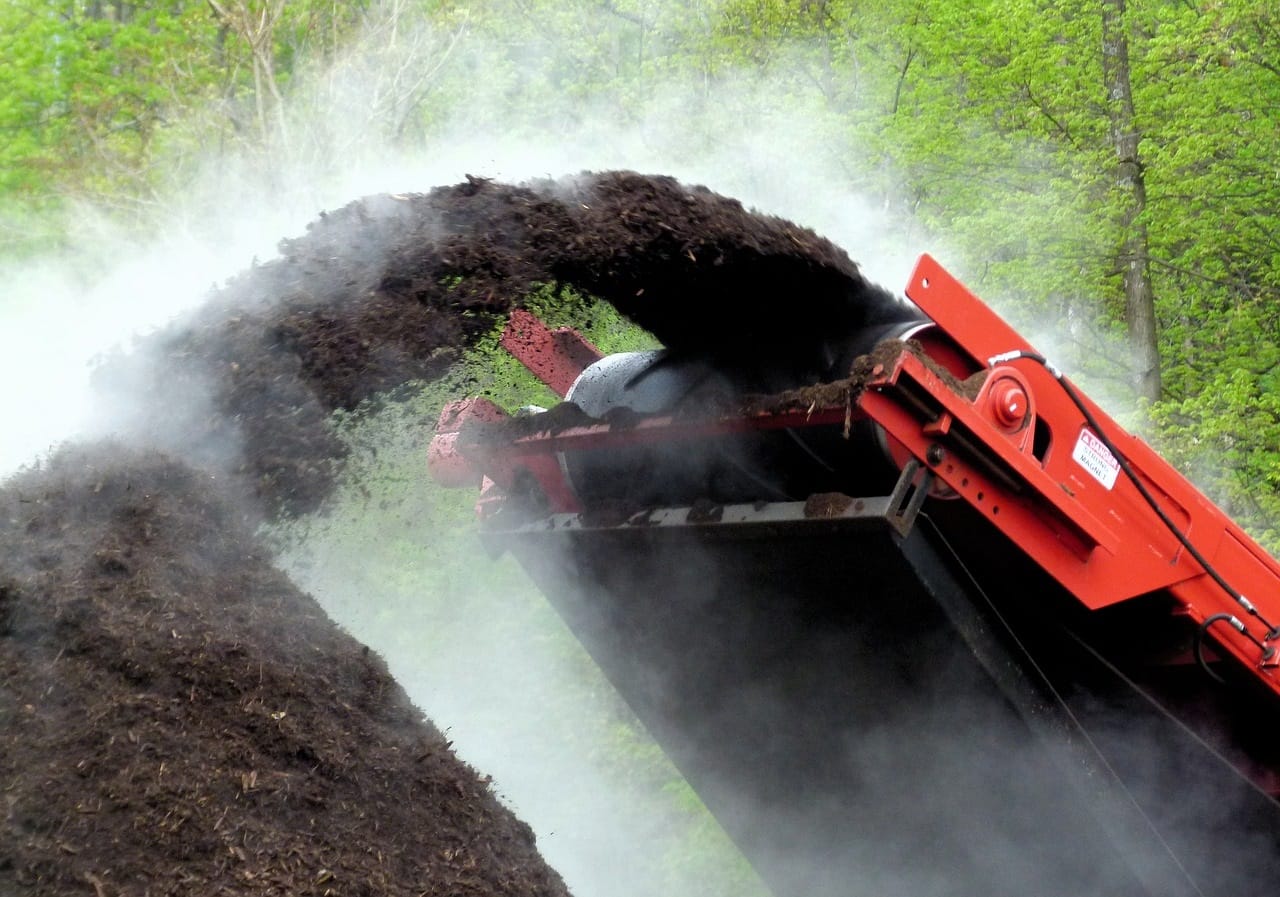
Mulching and composting are environmentally positive activities, right?
Well, yes, in general. But recent reports released from the Department of Environmental Conservation (DEC) and Suffolk County Department of Health Services show potential groundwater impacts from mulching and composting activities.
So, to protect Long Island’s precious drinking water, the DEC developed a new strategy for composting and mulching operations and is in the process of preparing new regulations to implement the strategy.
First, a bit on Long Island groundwater:
As we have noted in a previous blog, Long Islanders live atop three main aquifers-collectively, a “sole source aquifer”-that residents rely on for drinking water. Nassau and Suffolk counties use more than 375 million gallons of groundwater per day; this water supply is in heavy demand, needs to be protected, and is specially protected legally by federal and state law.
In November 2017, Governor Cuomo signed a new law requiring the DEC to promulgate new regulations that would prevent composting facilities and land clearing debris activities (i.e., utility line maintenance) in Nassau and Suffolk Counties from causing water quality and other environmental impacts. New regulations were promulgated and are effective this year.
These new regulations require composting and land clearing debris facilities to provide quarterly water quality testing and establish zoning setbacks for those facilities from drinking water supply wells.
What changes has the DEC implemented?
The DEC recently finished a two-year study that assessed 80 sites on Long Island to further define the potential environmental impacts from mulching and composting operations. The study concluded that run-off from mulch can transport carbon to the ground, which leads to biochemical processes that result in changes to the groundwater beneath it, such as higher concentrations of manganese and other heavy in the groundwater. Long term exposure to manganese can cause damage to the nervous system. Besides groundwater contamination, potential environmental impacts may include fires, fugitive dust, and odors, among others. To read more of the field study report, click here.
Following this study, on August 1, 2018, DEC Commission Basil Seggos announced a new comprehensive strategy to address the potential environmental impacts of mulching and composting operations at Long Island waste management facilities. DEC promulgated new regulations (found in 6 N.Y.C.R.R. Part 361, which can be found here) which will be further revised this year to include strengthened requirements for groundwater monitoring, implementation of measures to minimize liquid that has come into contact with organic material, and prohibitions on operations in mines. Part 361 requires either registration by non-exempt mulching and composting facilities or permits, based on the amount of organic materials stored and processed.
Contact the attorneys of Periconi, LLC if you own or operate a composting facility on Long Island and want more information about how these proposed regulations might affect your facility, or if you have any questions on mulch permitting or registration want to learn more about the role environmental attorneys play in protecting drinking water.

